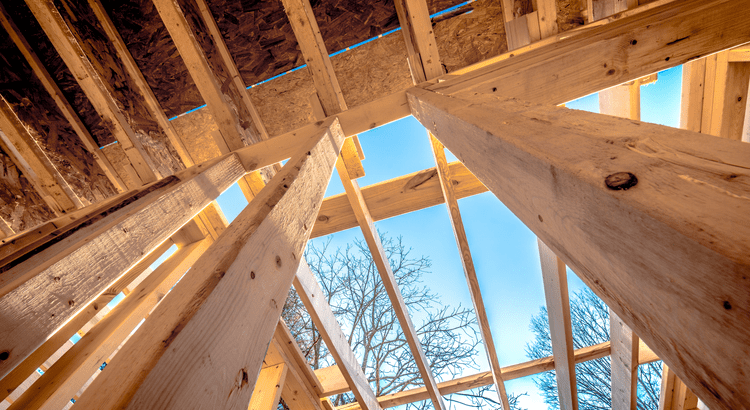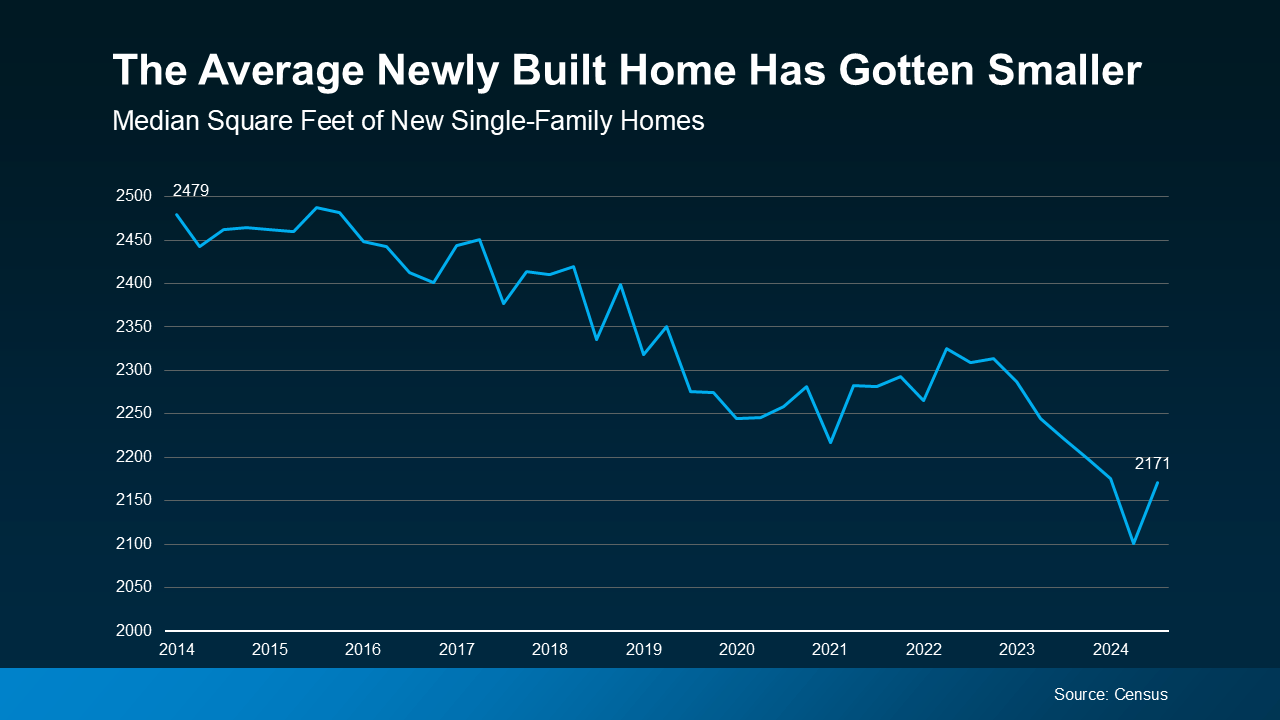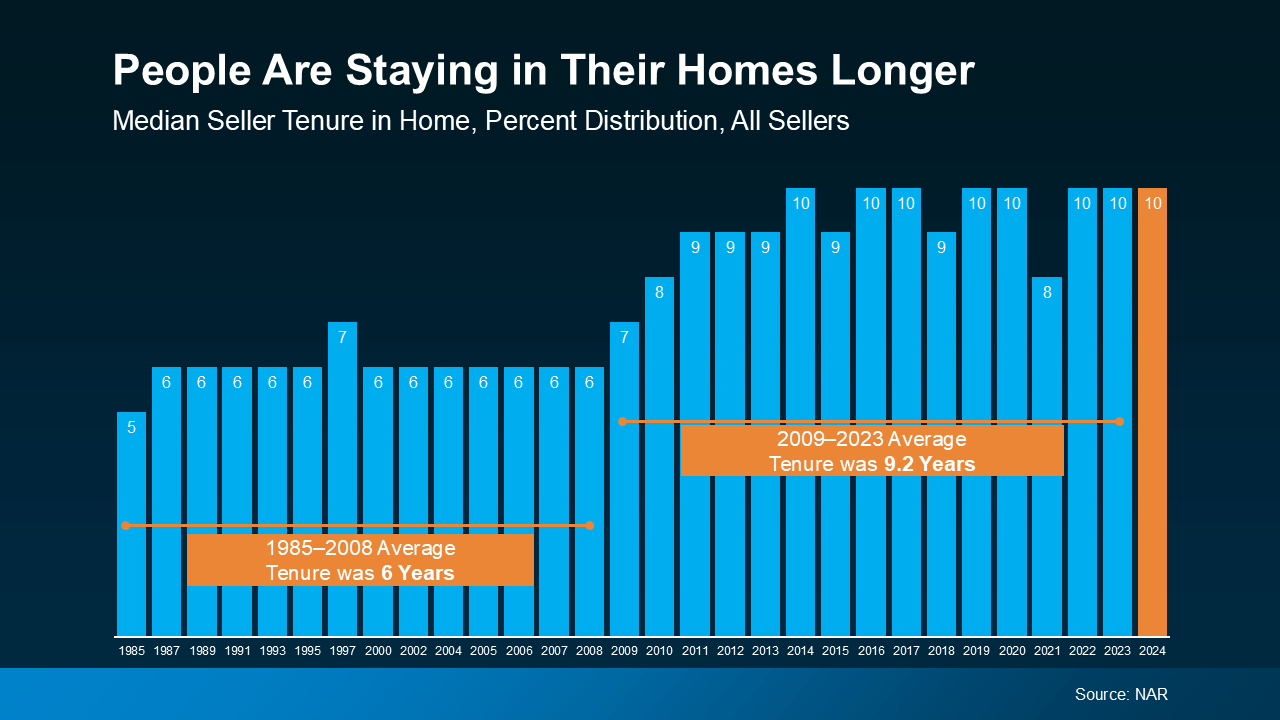Two Resources That Can Help You Buy a Home Right Now
A recent report from Realtor.com says 20% of Americans don’t think homeownership is achievable. Maybe you feel the same way. With inflation driving up day-to-day expenses, saving enough to buy your first home is more of a challenge. But here’s the thing. With the right resources and help, you can still make it happen.
There are options that can help make buying a home possible today — even if your savings are limited or your credit isn’t perfect. Let’s explore just two of the solutions that could help get you into your first home no matter the market.
1. FHA Loans
If your down payment savings and your credit score aren’t where you want them to be, an FHA loan could be your pathway to buying a home. According to the U.S. Department of Housing and Urban Development (HUD) and Bankrate, the big perks of an FHA home loan are:
- Lower Down Payments: They typically require a smaller down payment than conventional loans, sometimes as low as 3.5% of the home’s purchase price.
- Lower Credit Score Requirements: They’re designed to help buyers with credit scores that might not qualify for conventional financing. This means, when conventional loans aren’t an option, you may still be able to get an FHA loan.
The first step is to connect with a lender who can help you explore your options and determine if you qualify.
2. Homeownership Assistance Programs
And if you need a more budget-friendly down payment, that’s not your only option. Did you know there are over 2,000 homeownership assistance programs available across the U.S. according to Down Payment Resource? And more than 75% of these programs are designed to help buyers with their down payment. Here’s a bit more information about why these could be such powerful tools for you:
- Financial Support: The average benefit for buyers who qualify for down payment assistance is $17,000. And that’s not a small number.
- Stackable Benefits: To make it even better, in some cases, you may be able to qualify for multiple programs at once, giving your down payment an even bigger boost.
Rob Chrane, CEO of Down Payment Resource confirms a little-known fact:
“Some of these programs can be layered. And so, in other words, you may not be limited to just one program.”
If you want to learn more or see what you qualify for, be sure to lean on the pros. A trusted real estate agent and a lender can guide you through the process, explain the help that’s out there, and connect you with resources to make buying a home a reality.
Bottom Line
If you’re ready to stop wondering if buying a home is possible and start exploring solutions, let’s connect.



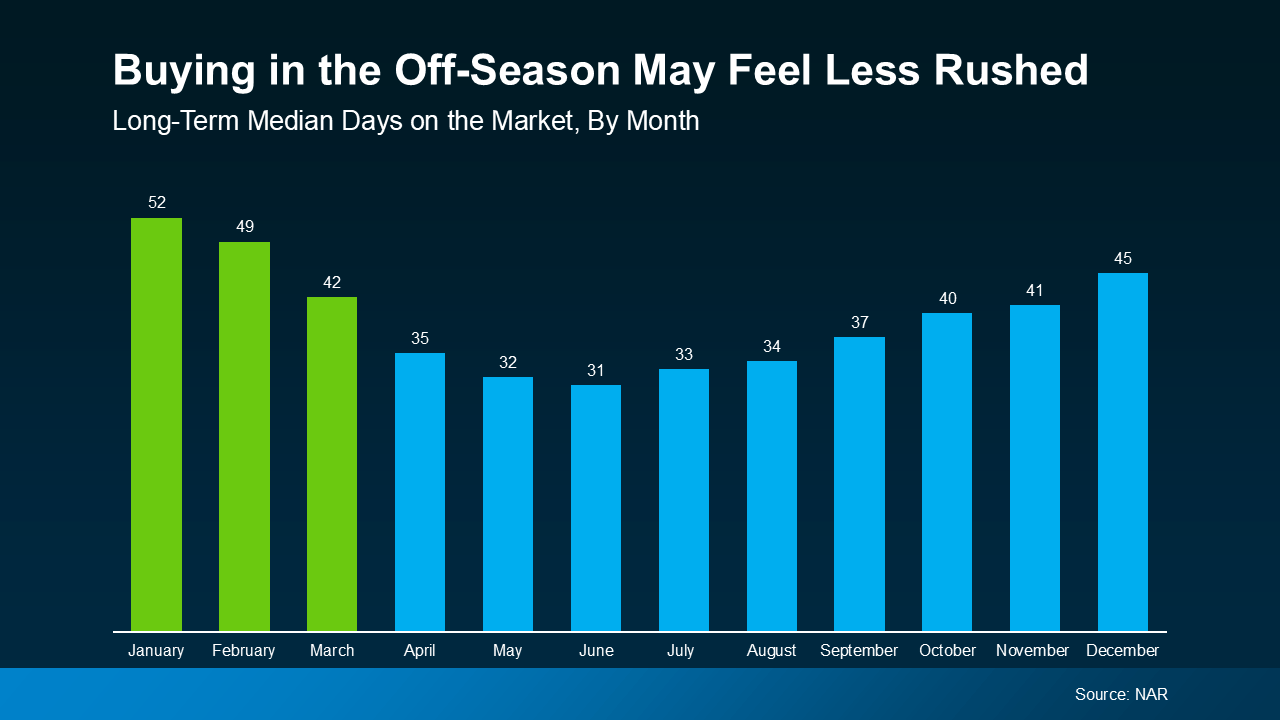
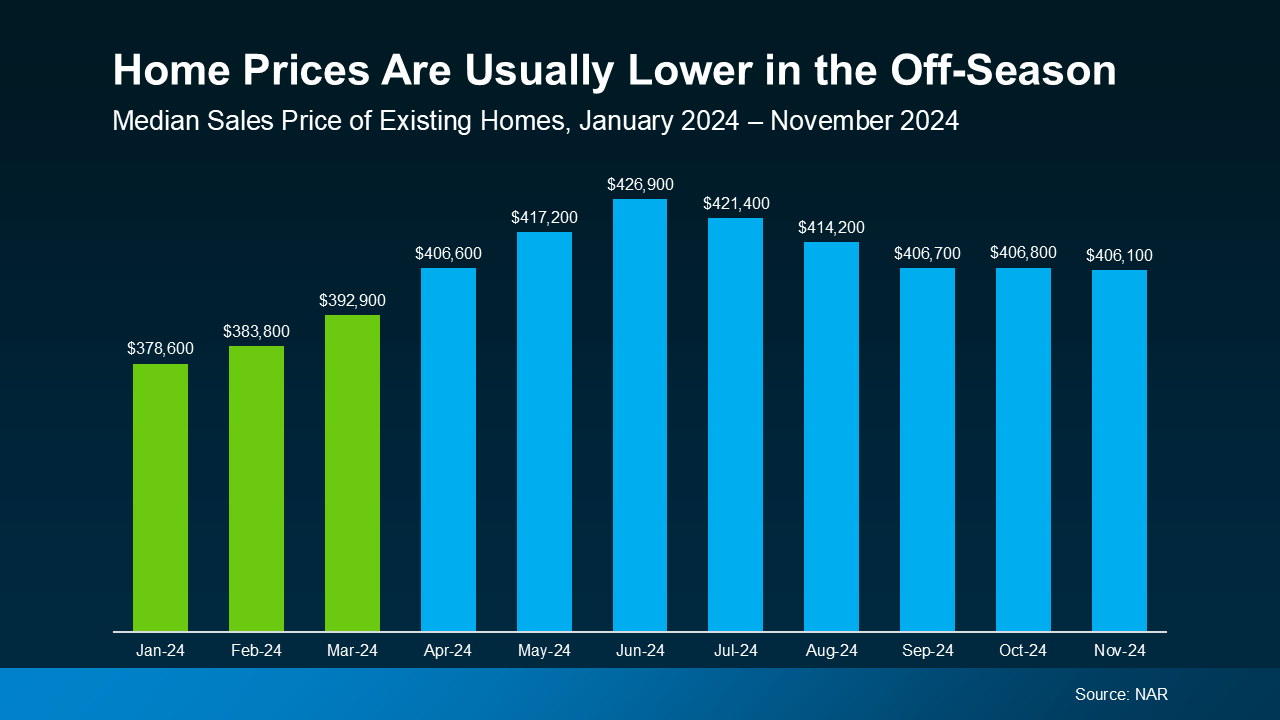

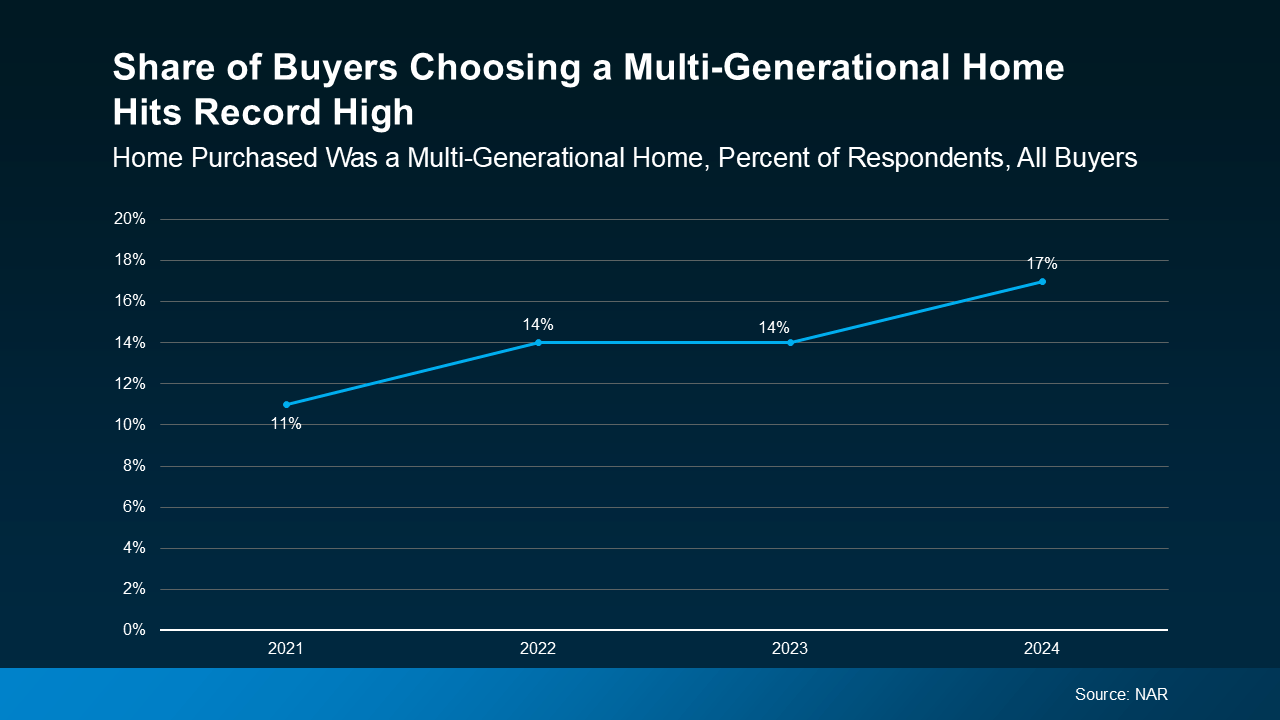 Top Benefits of Choosing a Multi-Generational Home
Top Benefits of Choosing a Multi-Generational Home

